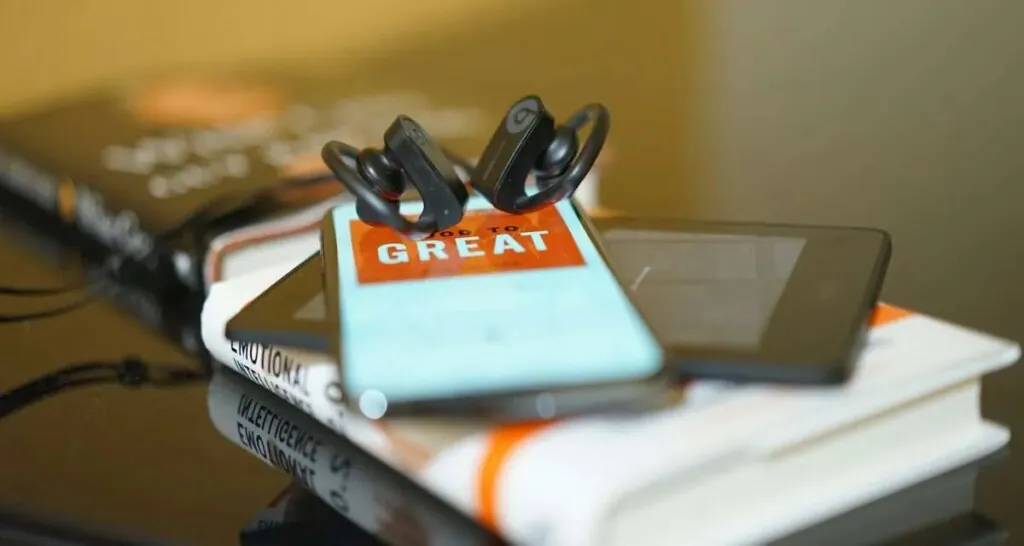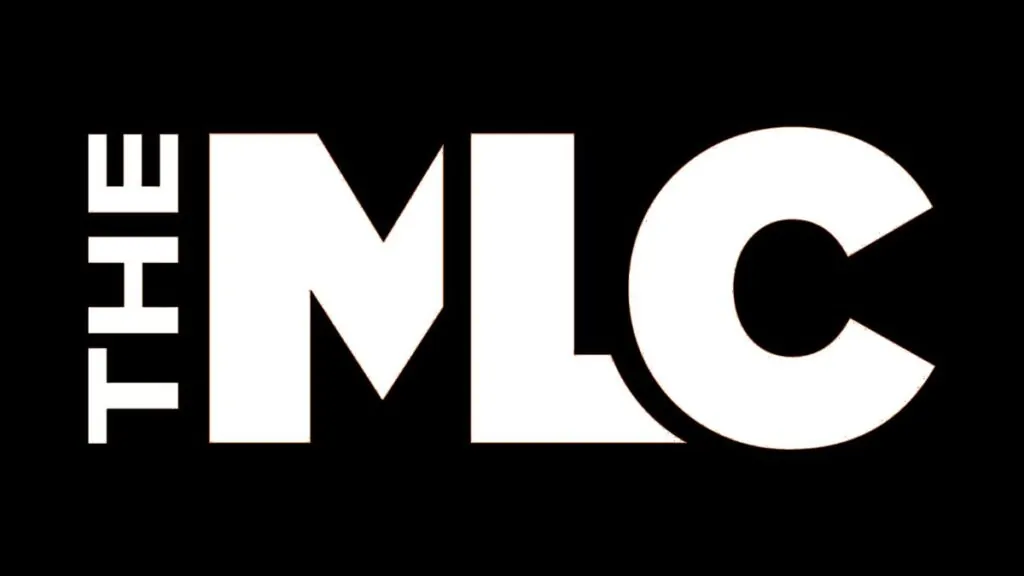Mechanical Licensing Collective v. Spotify Rematch Moves Forward With Overhauled Arguments — Judge Says the MLC ‘States Multiple Plausible Claims’


Photo Credit: Distingué CiDDiQi
Can the Mechanical Licensing Collective (MLC) successfully challenge Spotify’s bundling craze with an updated line of arguments? We’re about to find out, as a federal judge has revived the previously dismissed lawsuit.
That noteworthy development arrives about eight months after the same court tossed the action with prejudice. February then saw the MLC ask the presiding judge to reconsider; unsurprisingly, Spotify fired back against the request.
Several filings, twists, and turns later, a rematch is officially on the way in the high-stakes royalties dispute.
In brief, “the claims MLC proposes to include in its amended pleading against Spotify are neither futile, delayed, dilatory, made in bad faith, nor unduly prejudicial,” Judge Analisa Torres spelled out when granting the amended complaint motion.
Perhaps just as noteworthy as the approval itself, the judge determined that the MLC’s proposed amended complaint – the fresh filing is due by October 2nd – “states multiple plausible claims.”
Meanwhile, with the retooled action already in the docket, we needn’t wait to see what those plausible claims will entail.
Taking a step back, the MLC’s initial suit, many will recall, challenged Spotify’s actual classification of Premium as a bundle.
(Owing to a royalty-calculation formula involving the standalone value of bundles’ components – music streaming and a seldom-seen $9.99-per-month audiobooks tier, that is – said classification sliced millions in publisher and songwriter compensation. Against this backdrop, 2025 has delivered a collection of direct deals.)
But with the court having determined in its dismissal order that “Premium is, therefore, properly categorized as a Bundle,” the value attached to audiobooks access is now taking center stage.
“Under that royalty calculation process,” the MLC summed up in the proposed amended complaint, “Spotify has improperly used the price of Audiobooks Access as the value of the audiobooks component when calculating Service Provider Revenue for Spotify’s Premium tiers, which artificially inflated the value of the audiobooks component and, in turn, improperly reduced the amount of royalties paid for the music component of Premium.”
Also at issue: The audiobooks plan’s very presence in the bundle calculations. Long story short, this purportedly standalone offering contains music access alongside 15 hours of monthly audiobooks listening.
“There can be no dispute that Audiobooks Access is not a ‘standalone’ audiobooks offering,” the MLC emphasized. “Spotify has repeatedly acknowledged throughout this litigation that Audiobooks Access provides its subscribers with music.”
And the way the plaintiff sees things, Spotify must therefore calculate based not on the $9.99 price point, but the average price of comparable products. Furthermore, there are no reasonably comparable products given that competitors like Audible offer unlimited listening in their own (cheaper) plans, the MLC claimed in many more words.
“There is market evidence that a ‘good faith, reasonable measure of the market value’ of Premium’s audiobooks component is well below the $9.99 price employed by Spotify in its reporting to the MLC,” the filing party drove home.
Link to the source article – https://www.digitalmusicnews.com/2025/09/26/mlc-spotify-lawsuit-revived/
-
Vox V9106 Pathfinder Guitar Combo Amplifier, 10W$109,99 Buy product
-
Ibanez SRF700 Portamento 4-String Fretless Electric Bass Flat Brown Burst Rosewood Fretboard$999,99 Buy product
-
Rogue Learn-the-Mandolin Package Sunburst$0,00 Buy product
-
Deering Goodtime 2 5-String Resonator Banjo with Padded Bag, Capo, Mute and Tuner$735,00 Buy product
-
Novation Launch Control XL MKII USB MIDI controller for Ableton Live with assignable controls$159,99 Buy product
-
Pioneer DJ DM-50D-BT 5-inch Desktop Active Monitor Speaker Pair with Bluetooth – Black$199,99 Buy product












Responses